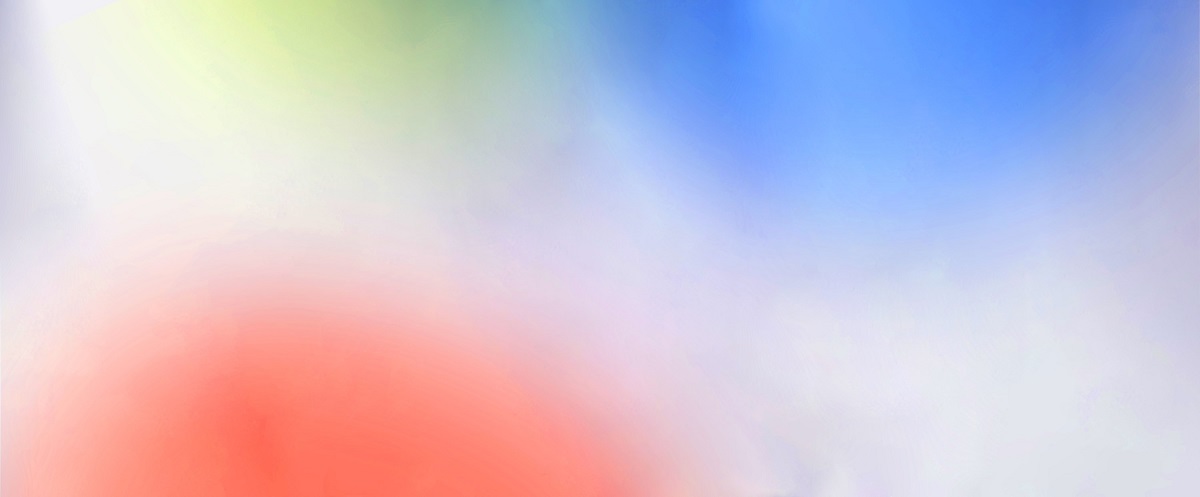Why Study Fine Arts?
Our Bachelor of Fine Arts program is more than a degree, it’s a supportive learning environment beneficial for creative exploration and growth. Through studio practice and theoretical study, you will develop a critical awareness about your own work and the work of others. The BFA is a selective degree program intended for students who plan to pursue a professional career in art or attend graduate school.
What You'll Learn
Our forward-thinking curriculum allows you to specialize in a certain medium or explore multiple, guided by the motivation, expertise and support of our dedicated faculty and your fellow BFA students. Given a mix of freedom and discipline, you will develop the critical and technical skills necessary to express your ideas as an artist. The culmination of your program is a solo exhibition in one of our professional galleries.


